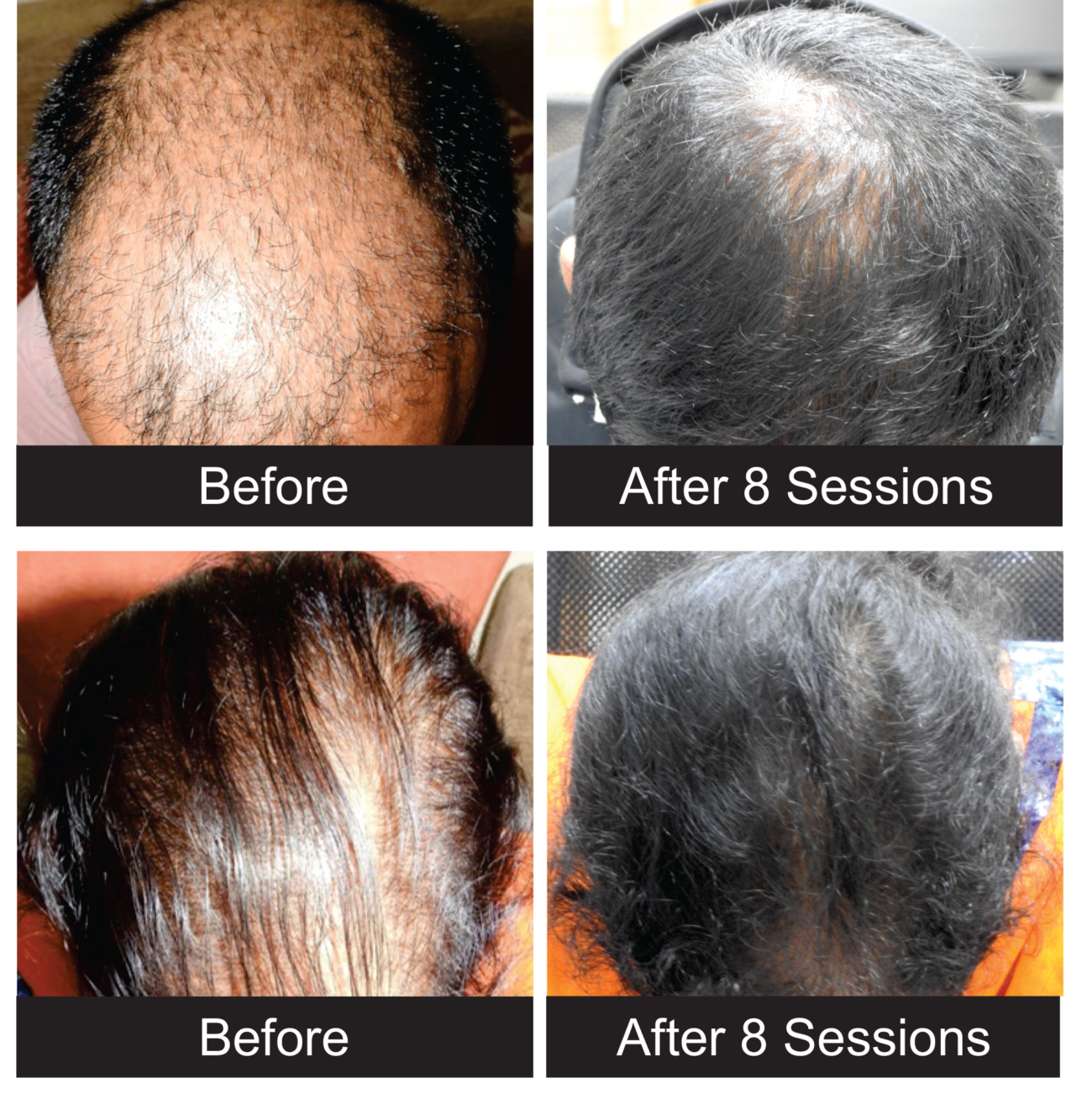Unresolved issues related to alopecia and its ramifications on mental well‐being and quality of life
Today, alopecia can be aptly depicted by the Iceberg Phenomenon in which the tip of the iceberg that is visible to the clinicians and general public constitute only the symptoms of alopecia and hair loss

Today, alopecia can be aptly depicted by the Iceberg Phenomenon in which the tip of the iceberg that is visible to the clinicians and general public constitute only the symptoms of alopecia and hair loss and thus, labeling it to be just an esthetic concern. However, what lies underneath the line of this clinical horizon are its ramifications on the mental well‐being and quality of life of the individual which remain unresolved.
Upon thorough literature search, several studies acknowledged alopecia to be the leading cause of psychiatric issues.
Alopecia is prevalent and long‐established in our society. Approximately 50% of men and women irrespective of their age are affected by it. It can be scarring or nonscarring type of alopecia occurring as a result of several factors such as physical, chemical, hormonal factors, autoimmune and inflammatory diseases, congenital diseases, infections, and neoplasms. Stress and anxiety are considered factors that trigger alopecia.
Ironically, prior studies have also reported stress levels in patients with alopecia to be similar to those with patients suffering from chronic and severe life‐threatening diseases. Consequently, these individuals are stuck in a vicious cycle of stress, anxiety, and hair loss. For someone, who has had cancer and has lost all their hair, even treatment from cancer may not improve their mental state – Imagine looking at yourself every day in the mirror and seeing yourself with no hair! Wouldn’t that remind you every day about your trauma?
The loss of hair including thinning, loss of volume or and baldness has a profound effect on the psychological and social sphere of one’s life. Since our society has set stereotypical standards around an individual’s beauty and outward appearance, it can unduly affect their self‐esteem, emotional capacity and mental well‐being.
A recent study done by our team at The Esthetic Clinics titled “The iceberg phenomenon of alopecia associated public health ramifications on the quality of life among adults in India” published in Dermatological Reviews (one of the most renowned peer reviewed Dermatology Journals) revealed that psychosocial implications and effect on the quality of life of individuals due to alopecia are underestimated. The study aimed at highlighting the public health ramifications of hair loss, by assessing the quality of life and various factors that hair loss and alopecia influence.
In this paper, A descriptive cross‐sectional study was conducted amongst 800 adult patients visiting four centers of The Esthetic Clinics in Mumbai, Delhi, Kolkata and Bangalore. Dermatology Life Quality Index (DLQI) scale and the Hair‐Specific Skindex‐29 (HSS‐ 29) scale were used. Demographic characteristics affecting alopecia were noted and Hamilton–Norwood and Ludwig’s classification was used for baldness classification in males and females respectively.
The study concluded that the psychosocial impact of alopecia was greater in women than men. The mental health relevance and public health concern of alopecia need to be recognized and an inter‐disciplinary approach should be adopted for its resolution.
In summary, Clearly, what may not be on the head (hair) may impact what’s inside the head (confidence). The time has come perhaps for society and governments to accept that hair loss is a functional issue and a disease and impacts life in ways never thought of before.






